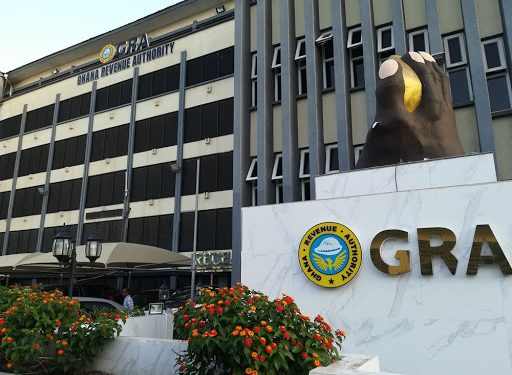Ghana’s total revenue and grants for the first half of 2025 reached GH¢116.2 billion, marking a robust 22.9 percent year-on-year increase. However, this figure fell 5.5 percent short of the government’s ambitious GH¢122.9 billion target, according to the Bank of Ghana’s September 2025 Monetary Policy Report.
The report attributed the shortfall to underperformance across several key tax lines, even as some sectors outperformed expectations. Non-oil tax revenue missed its target by 0.2 percent, while Pay-As-You-Earn (PAYE) collections fell 3.5 percent below target, largely due to reduced payments from the mining sector following the appreciation of the cedi.
On the positive side, corporate tax collections exceeded expectations by 2.8 percent, buoyed by improved performance in the mining and financial sectors. Domestic VAT, the GETFund Levy, and the National Health Insurance Levy (NHIL) also surpassed their respective targets, reflecting stronger consumer spending amid easing prices.
In contrast, taxes related to imports suffered notable setbacks. The strengthened cedi reduced import values, causing import duties to fall short by GH¢1.9 billion, a 13 percent decline. The import components of VAT, GETFund, and NHIL also failed to meet targets, missing by 3.8 percent, 4.6 percent, and 5.2 percent, respectively.
One of the standout performers was the Communications Service Tax, which exceeded its target by 66.3 percent (GH¢400 million), driven by increased gross revenues and stronger collections from prepaid credit sales by a major telecom operator.
Despite the overall strong performance, crude oil receipts underperformed by 42.7 percent, falling GH¢4.4 billion short of target due to delayed corporate income tax payments and exchange rate effects. Grants also missed projections by GH¢553 million, primarily because of non-disbursed project grants from development partners.
While the data highlights resilience and improved buoyancy in Ghana’s revenue performance, the report emphasizes that sustained efforts in tax compliance, revenue diversification, and collection efficiency remain essential to meeting fiscal targets and maintaining macroeconomic stability.
Source: Apexnewsgh.com











